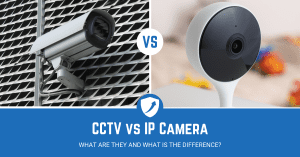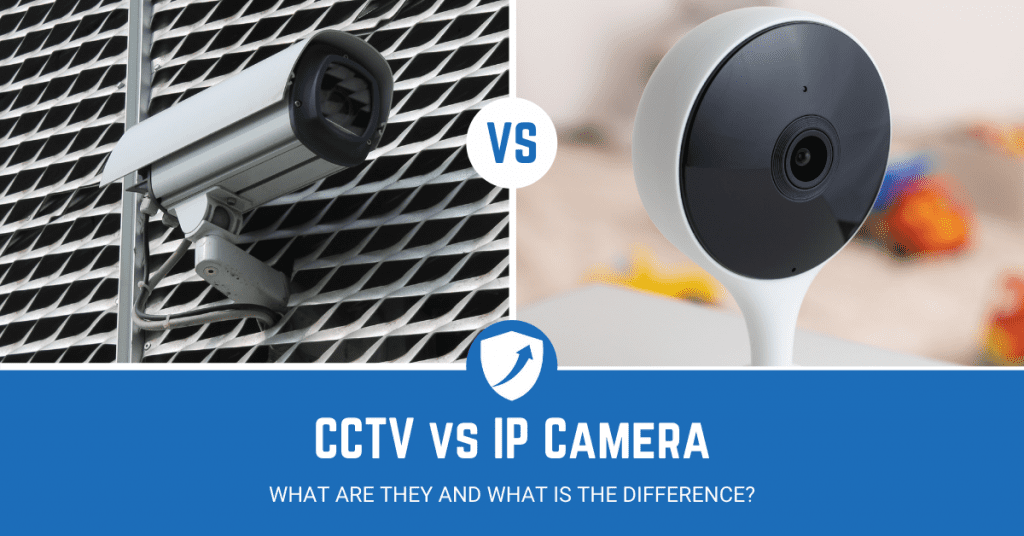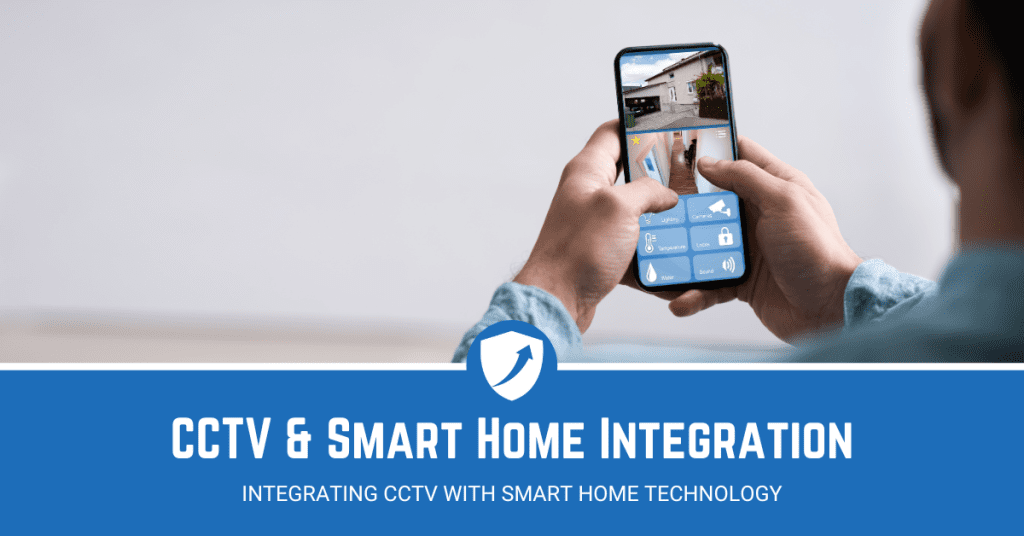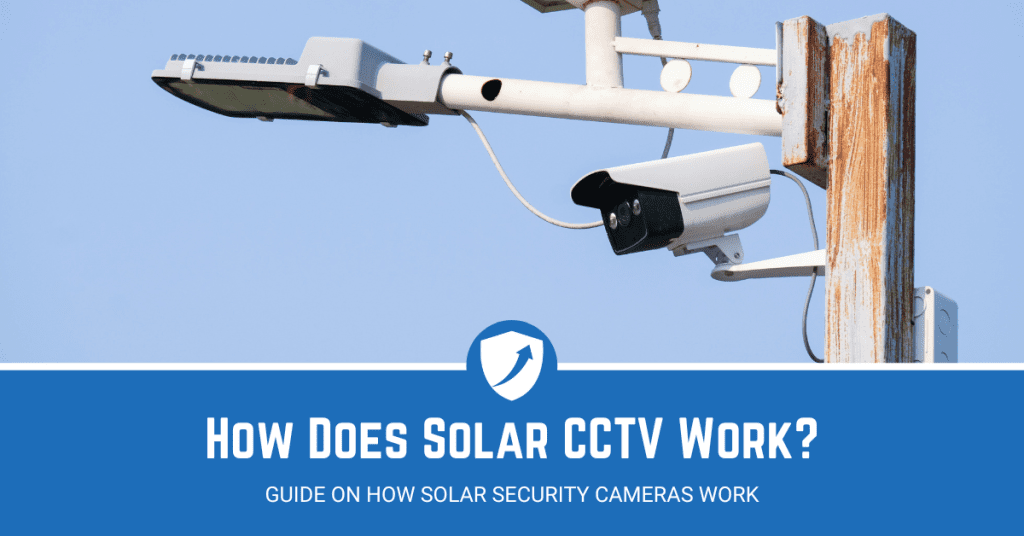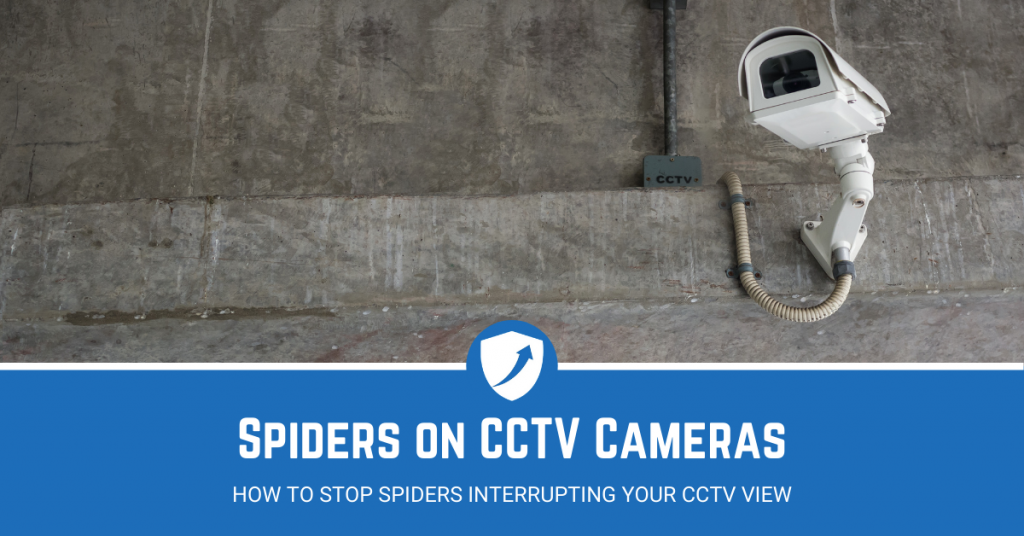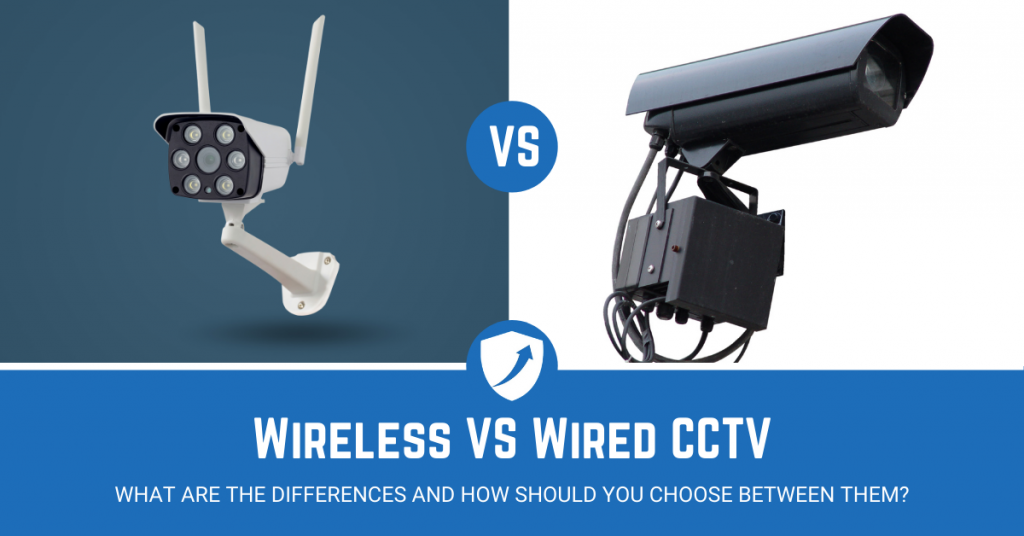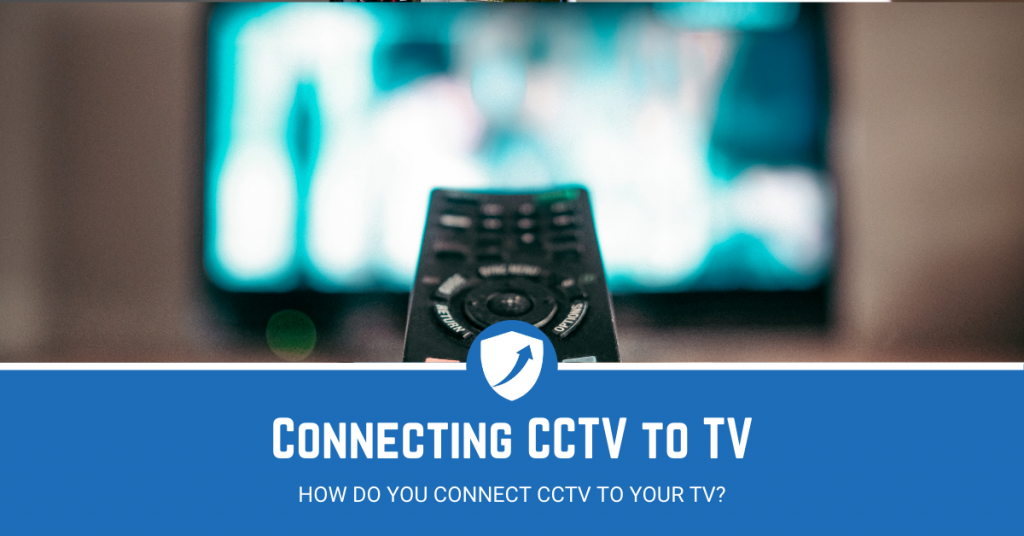Wireless technology has become an everyday part of our lives, but it was not too long ago that the idea seemed futuristic and farfetched.
In terms of security, a huge percentage of industries have shifted towards newer methods, one of these is wireless CCTV systems.
With the rising adoption of CCTV, a lot of small businesses and new industries are leaning toward wireless CCTV cameras due to their ease of use, setup and affordable price point.
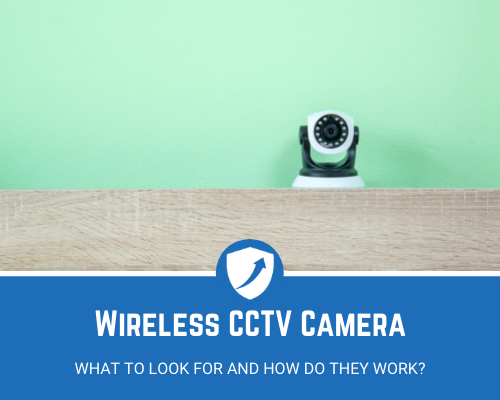
Anyone can install a wireless system, and with the added flexibility, we now see these systems more and more frequently.
In this guide, we will be looking at wireless CCTV cameras, and giving a crash course on how they work, their benefits, some background on wireless CCTV and who can implement these systems within their business.
- Wireless CCTV camera Background
- Key components of wireless CCTV cameras
- How wireless CCTV cameras work
- Wireless CCTV camera benefits
- Industries that can deploy wireless CCTV cameras
What's in this Guide?
What is a Wireless CCTV Camera?
Wired Closed Circuit Television, or CCTV, has been around for decades and has been a popular security method and used for area surveillance. In the modern environment, CCTV has come leaps and bounds from its humble beginnings.
Wireless CCTV has become increasingly popular in recent years. A wireless CCTV setup is much more flexible due to the lack of wires connecting the camera and the system.
Taking away the hardest element of a wired system, the installation, makes a wireless CCTV camera an option for almost any company or business type.
There are two main types of wireless CCTV cameras, standard wireless cameras and IP or network CCTV cameras. Internet Protocol (IP) cameras use the internet to share their data, this means you can easily access the feed at any time, wherever you are.
A standard wireless camera wirelessly connects to your network, but will typically need a power cord, so it is not 100% wireless but does mean you do not have to connect a Coaxial cable to transmit the data.
Wireless CCTV Camera Features
Wireless CCTV cameras are often compared to wired CCTV cameras, but this comparison is not exactly fair. The situation may determine your choice and not your preference of camera, for example, you may not be able to install the cables to set up the camera, so need to go for a wireless option.
So what are the features of a wireless CCTV camera? Let’s look at some things you will need to consider when purchasing a wireless CCTV system.
Requires a Connection – you will need there to be a good local area network or strong WiFi signal for your camera to operate at peak efficiency. This will ensure you have crisp, uninterrupted images and a clear video feed around the clock.
Uses a Battery – a lot of wireless CCTV cameras will be fully wireless, which means they will have a small battery or batteries within the frame. it is important to note each model is different and some may have solar panels or even connect to the mains.
Proximity to a Router – as we have mentioned, you will need to have a steady connection, but depending on where you are placing your cameras, you may need a line of sight for a longer range. If you are in a building, certain materials can limit the signal’s range, in rare instances, thick metals block the signal entirely.
If you are having issues setting up your wireless cameras, a lot of the manufacturers will have advanced pages for CCTV camera troubleshooting, which can help you determine the issue/s.
How Does a Wireless CCTV Camera Work?
Wireless CCTV cameras are fairly simple and similar to wired models, the main difference is how they send the raw data to the system.
We are going to quickly cover the five main steps of how a wireless CCTV camera works.
Step 1 – Camera captures raw data
Once you have set up your camera and are happy with the direction it is facing and the angle of the feed, you are ready to capture video.
This data is what the camera sees, different models may either capture continuously or only record when there has been motion detected, this will normally send a notification to your phone or email.
Step 2 – Data is converted to video files
With the raw data captured, the camera will then instantly and wirelessly send the files to the data storage, where the files will be converted into a video.
There may be a matter of seconds between the capture and conversion, but this is dependent on the connection. In older wired models, there would be a refreshing image every few seconds.
Step 3 – Video files are stored on a local device or cloud storage
The data can be stored locally on a hard disk as part of a DVR or NVR, or go straight to cloud storage to be accessed anywhere.
The storage size you will need will vastly differ between companies, and factors such as volume of cameras, type of cameras, recording style and file size will have an impact. At least a 1TB hard drive for CCTV is often recommended, however.
Step 4 – Files are available to watch and review
Once the files are saved you will be able to play them back and review any of the footage. In a lot of cases, CCTV can be a proactive tool, but can also work as a reactive measure to help identify something.
Having the ability to review the video files will give you an additional level of security against both internal and external threats.
Step 5 – Old footage will be deleted after ‘x’ amount of time
Different systems will store CCTV footage for varying times, and there is no short answer to the question of how long is CCTV footage kept.
Regardless of duration, the majority of systems will delete footage after a cycle or when the storage is full, whichever is sooner normally.
What are the Benefits of Wireless CCTV Cameras?
Each company that installs a wireless CCTV camera will have their own reasons and subsequent benefits for the installation. With this in mind, we are going to cover a few different benefits that the majority, if not all, of the people installing these cameras, will get.
Wireless CCTV Camera Security Benefits
Subtle
One of the major factors when purchasing a CCTV can be how discrete or subtle the device can be. Having a covert security camera can help you capture things you may not have got before.
People will often change their behaviour when they know they are being recorded; Therefore, having a less overt camera may be helpful in both internal and external security and surveillance.
Placement Flexibility
Due to the nature of a wireless CCTV camera, you will be able to place them in a lot of harder to access or reach areas.
Without the need for cabling the whole way from the CCTV monitor to the camera, you can place your cameras in better places. Additionally, you can move them if you are unhappy with their placement.
Accessible Anywhere
Being able to access your CCTV feed regardless of where you are is a major benefit of a wireless CCTV camera setup.
This allows you to check your feeds whenever you like and if you are on holiday or away from your business, you can monitor the cameras quickly and easily.
Wireless CCTV Camera General Benefits
Affordable
With the emergence of wireless systems, they are now very accessible and affordable, meaning that you can always find a CCTV system that suits your needs and budget.
A standard rule of thumb is to research the options available to you, typically the cheapest option is not a good move when implementing security systems. With this being said, there are plenty of options for all budget levels.
Easy Installation
One of the biggest issues companies have when deploying new wired security systems is the time and effort it takes to install. In a lot of cases, you will need to hire outside help or security professionals to help you get set up.
With a wireless CCTV system, you should be able to easily install your system with little to no previous experience with CCTV cameras. Wireless devices utilise your local network or WiFi, so you will just need a good signal.
Simple to Operate
As we have alluded to across this guide, wireless CCTV cameras and their accompanying systems are simple to operate.
There is virtually no learning curve when operating your wireless CCTV cameras, a lot of models are actually plug and play, so will be ready as soon as they are powered up.
What Industries Can Benefit from Wireless CCTV Cameras?
Wireless CCTV has become so widespread that you probably walk past multiple times on a normal day and do not even think about it.
Needless to say, there are very few industries that would not benefit from wireless CCTV cameras, let’s have a quick look at some examples where wireless CCTV would be viable and useful.
- Retail
- Hotels
- Security
- Airbnbs and private rentals
- Police and law enforcement
- Universities and education
- Automotive
- Car dealerships
- Hospitals and healthcare
- Cinemas
- Restaurants
- Prisons
- Commercial
- Industrial estates
- Warehouses
- Storage facilities
- Freeports
- Gyms
As you can see, there are a lot of varied industries and places that could implement wireless CCTV cameras, this is just some of the many examples we could share.
Realistically there is not a single industry that would not benefit from a wireless camera’s deployment, the only thing to consider is the availability and stability of the internet connection or network, so some locations will not be viable.


